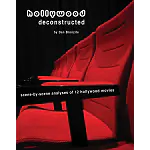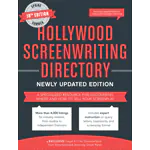Tag: high concept
What is the Time Frame of Your Screenplay?
When you first get the idea for a story it will probably focus around an interesting character, event, act three plot twist, high concept or thrilling action sequence, but…
High Concept Movies
For some screenwriters, penning an original high concept movie is the holy grail. And that can be a good thing or a bad thing. These days, the majority of…



